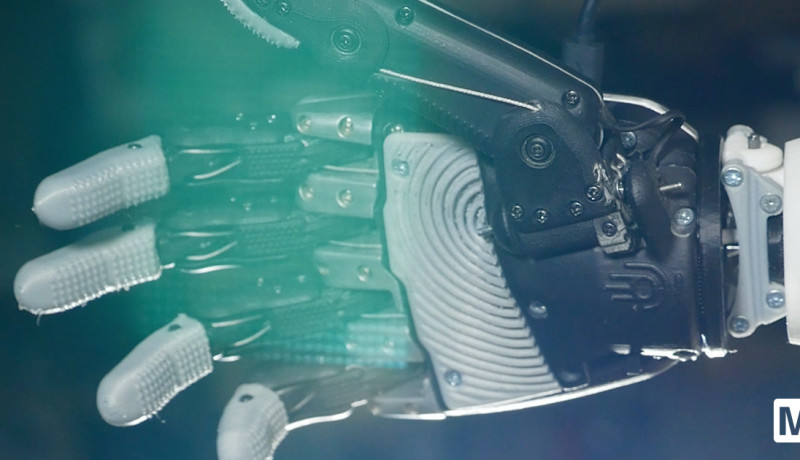Whitepaper: The Progression of Prosthetic Technology

A few key dynamics are helping to accelerate the progress of prosthetic technology across the globe. In recent years, there have been major advancements in terms of the electro-mechanical elements and constituent materials employed, plus the widespread use of much more cost-effective 3D printing. This whitepaper looks at how these advances in engineering, combined with increasing adoption of an open source mentality, are significantly improving the quality of life for those who have lost limbs.
A few key dynamics are helping to accelerate the progress of prosthetic technology across the globe now that previous financial barriers being broken down and the potential for a far broader cross section of society can now be supported. In recent years, there have been major advancements in terms of the electro-mechanical elements and constituent materials employed, plus the widespread use of much more cost-effective 3D printing.
Gone are the days of badly fitting prostheses that were uncomfortable to wear and didn’t perform particularly well. There are now a wealth of new product innovations being realised — with sophisticated motion-control systems enabling smoother, more natural movements that closely emulate those of a normal limb. Utilisation of higher accuracy scanning techniques during the design phase is delivering enhanced comfort to the wearer, and the designs are becoming more aesthetically attractive too. In addition, fresh new business models are starting to be experimented with that can make prostheses more accessible to people with lower incomes.
The following article looks at how these advances in engineering, combined with increasing adoption of an open source mentality, are significantly improving the quality of life for those who have lost limbs.
Click here to download the whitepaper
Gone are the days of badly fitting prostheses that were uncomfortable to wear and didn’t perform particularly well. There are now a wealth of new product innovations being realised — with sophisticated motion-control systems enabling smoother, more natural movements that closely emulate those of a normal limb. Utilisation of higher accuracy scanning techniques during the design phase is delivering enhanced comfort to the wearer, and the designs are becoming more aesthetically attractive too. In addition, fresh new business models are starting to be experimented with that can make prostheses more accessible to people with lower incomes.
The following article looks at how these advances in engineering, combined with increasing adoption of an open source mentality, are significantly improving the quality of life for those who have lost limbs.
Click here to download the whitepaper
